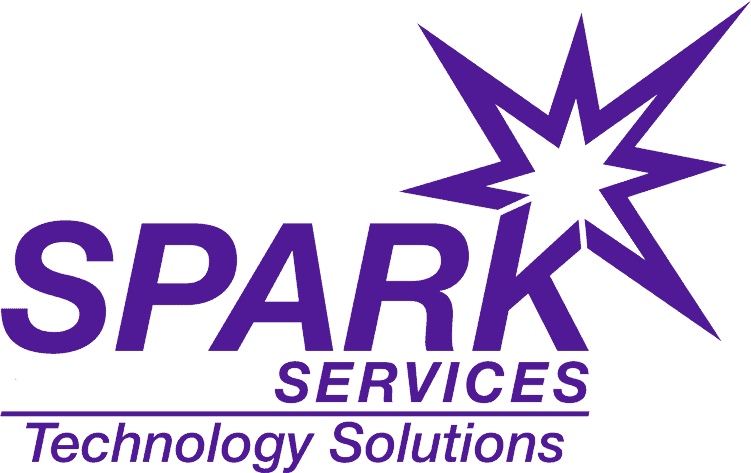
In today’s digital age, integrating social media marketing into your business strategy is no longer optional—it’s essential. Social media platforms offer unique opportunities for businesses to connect with their audience, build brand awareness, and drive sales.
At SPARK Services, we understand the importance of a robust social media presence and are here to guide you through the integration process to ensure your business reaps the maximum benefits.
Understanding the Importance of Social Media Marketing
Social media platforms have billions of active users worldwide. This vast audience offers an unparalleled opportunity for businesses to reach potential customers. Integrating social media marketing into your business strategy can help you:
- Increase Brand Awareness: Consistent and engaging social media activity keeps your brand top of mind for your audience.
- Drive Traffic: Sharing content and promotions on social media can direct significant traffic to your website.
- Boost Sales: Social media platforms are increasingly becoming e-commerce friendly, allowing direct sales through social posts and ads.
- Enhance Customer Engagement: Social media provides a platform for two-way communication, enabling you to interact directly with customers and build relationships.
Steps to Integrate Social Media Marketing
1. Set Clear Goals
The first step in integrating social media into your business strategy is to set clear, measurable goals. Determine what you want to achieve—whether it’s increasing brand awareness, driving traffic, generating leads, or boosting sales. Having clear goals will guide your content strategy and help you measure success.
2. Identify Your Target Audience
Understanding your target audience is crucial for effective social media marketing. Identify the demographics, interests, and behaviors of your ideal customers. This will help you choose the right platforms and create content that resonates with your audience.
3. Choose the Right Platforms
Not all social media platforms are created equal. Different platforms cater to different audiences and serve various purposes. For example:
- Facebook: Great for building a community and sharing detailed content.
- Instagram: Ideal for visually appealing products and behind-the-scenes content.
- LinkedIn: Perfect for B2B marketing and professional networking.
- Twitter: Suitable for real-time updates and customer service.
Select platforms that align with your business goals and target audience.
4. Develop a Content Strategy
Content is the backbone of social media marketing. Develop a content strategy that aligns with your goals and resonates with your audience. Your strategy should include:
- Content Calendar: Plan your posts in advance to ensure a consistent posting schedule.
- Content Types: Mix different types of content, such as blogs, videos, infographics, and user-generated content.
- Themes and Campaigns: Create themes or campaigns around specific topics or events to keep your audience engaged.
5. Engage with Your Audience
Social media is not just about broadcasting your message; it’s about engaging with your audience. Respond to comments, answer questions, and participate in conversations. Engaging with your audience builds trust and loyalty, making them more likely to become repeat customers.
6. Utilize Social Media Advertising
Organic reach on social media can be limited. To maximize your reach, consider investing in social media advertising. Platforms like Facebook and Instagram offer robust advertising options that allow you to target specific audiences based on demographics, interests, and behaviors.
7. Monitor and Adjust
Social media marketing is dynamic, and it’s essential to monitor your performance and adjust your strategy as needed. Use analytics tools to track key metrics such as engagement, reach, and conversions. Analyzing this data will help you understand what’s working and what’s not, allowing you to make informed decisions.
Benefits of Integrating Social Media Marketing
Integrating social media marketing into your business strategy offers numerous benefits, including:
- Improved Customer Insights: Social media analytics provide valuable insights into customer preferences and behaviors.
- Enhanced Brand Loyalty: Regular engagement and quality content foster brand loyalty and customer retention.
- Cost-Effective Marketing: Social media marketing is cost-effective compared to traditional marketing methods, offering a high return on investment.
Conclusion
Integrating social media marketing into your business strategy is a powerful way to enhance your brand’s online presence, engage with your audience, and drive business growth. At SPARK Services, we specialize in helping businesses leverage the power of social media to achieve their goals.



